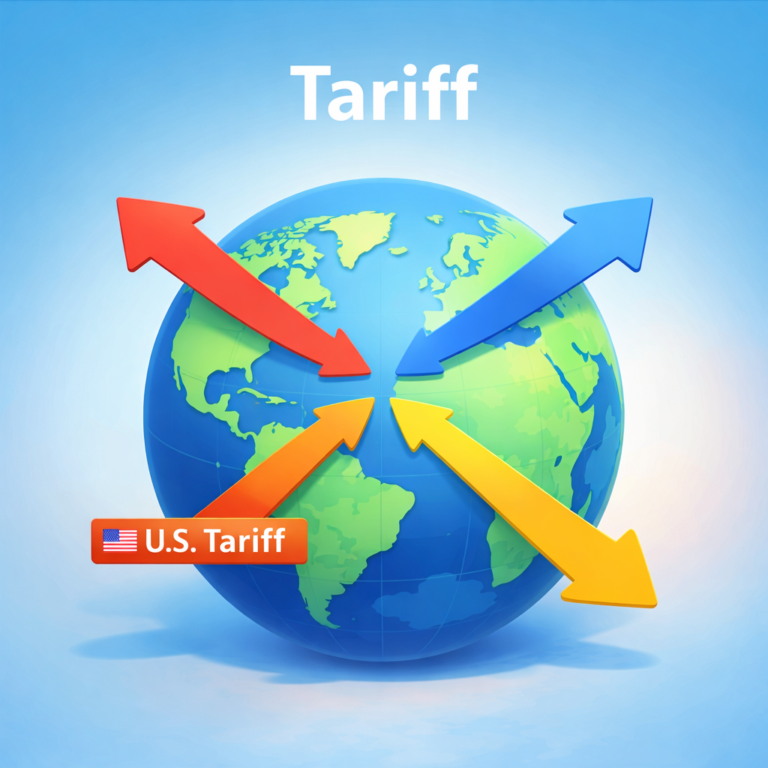
가상화폐와 금융의 미래: 규제 완화가 가져올 변화와 전망
일본, 비트코인 ETF 허용 가능성…가상자산 규제 대폭 개편 검토
작성자: 인포맨즈 기자
일본 정부가 비트코인 상장지수펀드(ETF) 도입을 염두에 두고 가상자산을 보다 엄격한 금융상품으로 분류하는 방안을 검토 중이다. 이는 투자자 보호를 강화하는 동시에 가상자산 시장을 제도권에 편입하려는 움직임으로 해석된다.
현재 일본에서는 가상자산이 자금결제법에 따라 결제 수단으로 인정되며, 금융상품거래법의 파생상품 규제 대상에 포함된다. 그러나 기존 유가증권과 비교하면 정보 공개 의무가 느슨한 편이다. 이에 따라 금융청은 가상자산을 유가증권과 유사한 금융상품으로 분류하는 방안을 고려하고 있다.
“유가증권(Securities)은 주식, 채권 등 투자자에게 일정한 수익을 제공하는 금융자산을 의미한다. 만약 가상자산이 유가증권으로 분류되면, 기존 증권 시장과 동일한 수준의 규제를 받게 된다.”
금융청은 전문가 그룹과 함께 가상자산 규제의 적절성을 검토하고 있으며, 오는 6월 제도 개편 방향을 발표할 예정이다. 가을 이후 금융심의회를 거쳐 2026년 정기국회에 관련 법 개정안을 제출하는 것이 목표다. 주요 개정 내용으로는 가상자산 사업자의 재무 정보 공시 강화, 투자 자문업 등록 의무화 등이 포함될 가능성이 크다.
가상자산을 증권 수준으로 규제할 경우, 기업들의 경영 투명성이 높아져 투자자 보호가 강화될 전망이다. 또한, 현재 금지된 비트코인 현물 ETF 출시 가능성도 열리게 된다. 이는 일본 내 가상자산 투자 시장을 활성화하는 촉진제가 될 것으로 보인다.
“상장지수펀드(ETF, Exchange-Traded Fund)는 특정 자산을 추종하는 투자 상품으로, 주식시장에 상장되어 투자자들이 쉽게 매매할 수 있다. 비트코인 ETF가 도입되면 기관투자자들의 시장 진입이 쉬워져 유동성이 증가할 것으로 예상된다.”
한편, 가상자산 과세 체계도 개편될 가능성이 있다. 현재 일본에서는 비트코인 거래에 대해 종합과세가 적용되며, 최고 55%의 세율이 부과된다. 그러나 금융소득과세 방식(20% 단일세율)으로 변경하는 방안이 논의되고 있다. 이는 세제 부담을 완화해 개인 투자자들이 보다 적극적으로 가상자산에 접근할 수 있도록 유도하는 효과를 가져올 수 있다.
일본 정부의 이 같은 움직임은 증가하는 가상자산 투자자 수를 고려한 조치로 보인다. 지난해 일본 내 가상자산 거래 계좌 수는 1181만 개를 기록했으며, 투자자의 보호와 산업 활성화를 위한 법적 정비가 필요하다는 목소리가 커지고 있다.
향후 일본 금융청의 최종 결정에 따라 아시아 시장에서도 가상자산 ETF 도입 논의가 확산될 가능성이 높다. 글로벌 투자자들은 일본의 법 개정 움직임이 가상자산 시장 전반에 미칠 영향을 주목하고 있다.
Japan Considers Approving Bitcoin ETF… Reviewing Major Cryptocurrency Regulations
By: Infomans Journalist
The Japanese government is considering classifying cryptocurrencies as stricter financial products in anticipation of the introduction of a Bitcoin Exchange-Traded Fund (ETF). This move is interpreted as an effort to strengthen investor protection while incorporating the cryptocurrency market into the regulatory framework.
Currently, in Japan, cryptocurrencies are recognized as a means of payment under the Payment Services Act and are subject to derivative regulations under the Financial Instruments and Exchange Act. However, compared to traditional securities, disclosure obligations remain relatively lenient. Consequently, the Financial Services Agency (FSA) is considering categorizing cryptocurrencies as financial products similar to securities.
“Securities refer to financial assets such as stocks and bonds that provide investors with a certain return. If cryptocurrencies are classified as securities, they will be subject to the same level of regulation as the existing securities market.”
The FSA is working with expert groups to assess the adequacy of current cryptocurrency regulations and plans to announce regulatory revisions by June. The goal is to submit a legislative amendment to the National Diet in 2026 after consulting with the Financial Council in the fall. Key proposed revisions may include strengthening disclosure requirements for cryptocurrency businesses and mandating registration for investment advisory services.
If cryptocurrencies are regulated at the same level as securities, corporate transparency will improve, enhancing investor protection. Additionally, the possibility of launching a Bitcoin spot ETF, which is currently prohibited, could become a reality. This would likely serve as a catalyst for boosting Japan’s cryptocurrency investment market.
“An Exchange-Traded Fund (ETF) is an investment product that tracks specific assets and is listed on the stock market, allowing investors to trade easily. The introduction of a Bitcoin ETF would facilitate institutional investors’ entry into the market, increasing liquidity.”
Meanwhile, Japan’s cryptocurrency taxation system may also be revised. Currently, Bitcoin transactions are subject to comprehensive taxation, with capital gains taxed at a maximum rate of 55%. However, discussions are underway to shift to a financial income tax model with a flat rate of 20%. This change could reduce the tax burden, encouraging more individual investors to engage in cryptocurrency investments.
The Japanese government’s move appears to be a response to the growing number of cryptocurrency investors. As of December last year, the number of cryptocurrency trading accounts in Japan reached 11.81 million, highlighting the increasing demand for legal reforms to ensure investor protection and industry growth.
Depending on the final decision by the FSA, discussions on introducing cryptocurrency ETFs could spread across the Asian market. Global investors are closely monitoring Japan’s regulatory developments and their potential impact on the broader cryptocurrency market.



